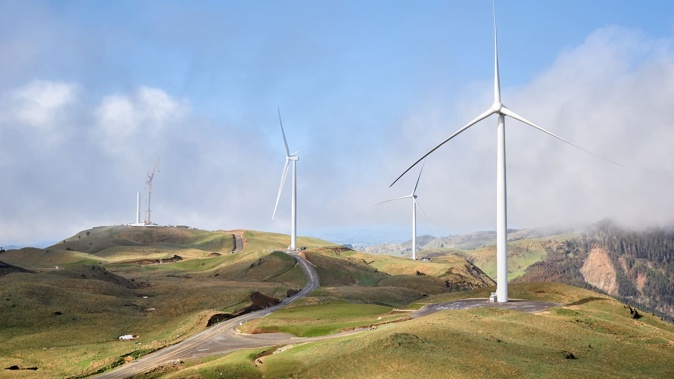
Meridian Energy has reported a $121 million loss for the first half to December after “taking a hit for New Zealand” during last winter’s energy shortage.
The loss - driven by expensive hedge contracts taken out during last year’s price spike - compared with a $191m profit in the previous comparable period.
“We took a hit for New Zealand,” chief executive Neal Barclay said.
“The combination of particularly low hydro inflows, low wind, and gas shortages made the operating environment for the first half of this financial year as tough as I can recall experiencing.
“Meridian put this country’s security of supply first and, as New Zealand’s largest renewable electricity generator, our balance sheet tends to underwrite the mitigation of extended droughts.”
He said 2024 showed how the country benefited from having large and financially strong generator-retailers.
“While the situation was particularly challenging, we know we rely on Mother Nature for our fuel and accept the financial impact droughts bring.
“We prepare the business to deal with these kinds of eventualities, including maintaining a strong and flexible balance sheet.”
Operating cash flows were $50m, down from $303m in the same period last year.
The results were heavily impacted by the cost of hedge contracts for winter 2024 in the face of 1 in 90-year record low inflows and an unexpected and unprecedented shortage of domestic gas.
The hedge contracts included calling the largest demand response option with New Zealand Aluminium Smelters (NZAS).
Earnings before interest, tax, depreciation, amortisation and financial instruments (ebitdaf) fell to $257m from $443m.
Meridian underlying net profit fell from $175m to a $5m loss.
The company kept its interim dividend unchanged at 6.15 cents a share because of the challenging first half.
Barclay said the company - which this week invoked a demand response arrangement with the biggest power user, NZAS, was “highly focused” on the coming winter.
“The bigger issue, though, is the structural and significant shortage of domestic gas,” he said.
New Zealand needs to take urgent action to address this.
“Gas is the biggest factor in setting spot and future electricity prices,” Barclay said.
The business weathered an “extraordinarily difficult set of circumstances” over the half.
“At the same time, we’ve not backed away from our strategic goals one bit and our customer market share has continued to grow as has our renewable development pipeline.”
Jamie Gray is an Auckland-based journalist covering the financial markets, the primary sector and energy. He joined the Herald in 2011.
Take your Radio, Podcasts and Music with you









